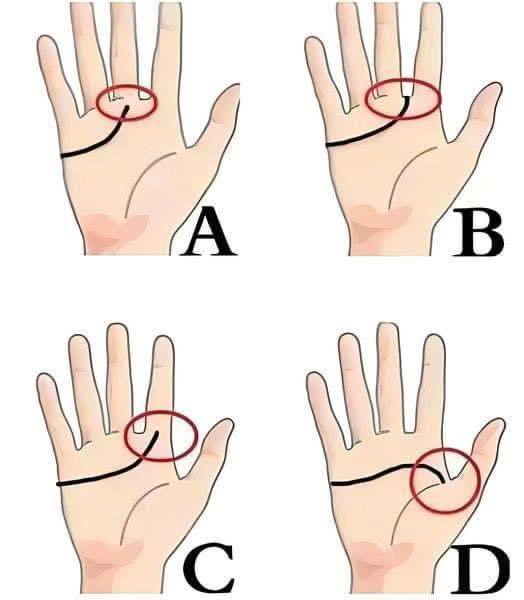In today’s fast-paced world, understanding yourself and those around you is essential to personal growth and success. One of the most popular tools for this purpose is the Myers-Briggs Type Indicator (MBTI). Created by Katharine Cook Briggs and her daughter Isabel Briggs Myers, this test has helped millions of people discover their personality type, improving their relationships, career decisions, and self-awareness. Let’s find out what the MBTI is and how it can benefit you.
What exactly is MBTI?
The MBTI is rooted in Carl Jung’s theory of psychological type and categorizes people into 16 different personality types based on four main dichotomies:
Extraversion (E) vs. Introversion (I): How you gain energy: Extroverts thrive on social interactions, while introverts recharge by spending time alone.
Sensing (S) vs. Intuition (N): How you perceive information: Sensors focus on hard facts, while Intuitives look for patterns and possibilities.
Thinking (T) vs. Feeling (F): How you make decisions: Thinkers rely on logic, while Feelers consider emotions and personal values.
Judging (J) vs. Perceiving (P): Your approach to structure: Judgers prefer order and plans, while Perceivers are more flexible and spontaneous.
By answering a series of questions, the MBTI identifies your preferences in these areas, resulting in a four-letter personality type (such as INFP or ESTJ).
A Quick Look at the 16 MBTI Personality Types
Each of the 16 types has its own unique characteristics. Here is a brief description:
ISTJ (The Inspector): Practical, fact-oriented, values tradition.
ISFJ (The Protector): Warm, dependable, focused on helping others.
INFJ (The Advocate): Idealistic, deeply principled, with a strong sense of integrity.
INTJ (The Architect): Strategic, visionary, enjoys planning.
ISTP (The Virtuoso): Bold, practical, enjoys experimenting with tools.
ISFP (The Adventurer): Artistic, charming, enjoys exploring new experiences.
Read more on next page
ADVERTISEMENT

